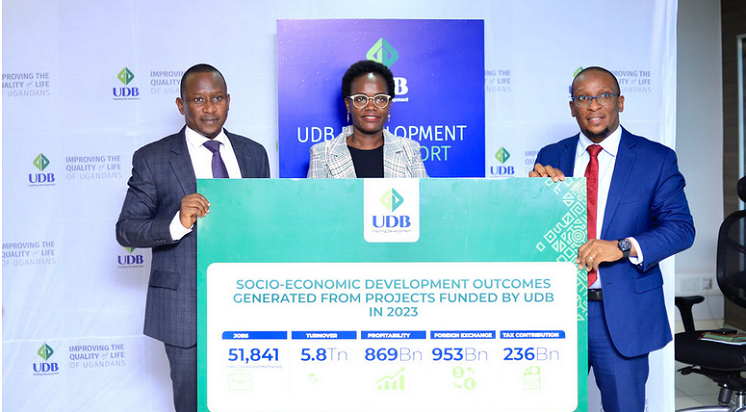In August 2016, Kenyan President Uhuru Kenyatta signed into law a bill limiting how much interest banks can charge for loans, despite assertions by top government officials that the legislation would damage access to credit in East Africa’s biggest economy.
Lawmakers in the nation, which eliminated interest-rate limits in July 1991, voted for an amendment to the Banking Act that would limit banks from charging over 4% above the benchmark central bank rate.
However, the decision is beginning to adversely affect Kenya’s financial market as banks reduce on their lending to the private sector.
Apparently, Family Bank is not using proceeds of its KSh2.02 billion corporate bond to lend to customers after the interest rate cap made it unprofitable for on-lending.
Family Bank Managing Director, David Thuku said the management feels lucky it fell short of meeting its target since they would be paying more for a bond whose spread was too thin.
The privately-held lender, secured approval for a Sh10 billion and offered an initial tranche of Sh4 billion in October 2015.
The bond that was launched a week before Imperial Bank’s closure only managed a 50.4 per cent subscription at an average rate of 14 per cent, which means it would not make any return under the rate cap regime.
“For the bond, we had hoped to raise Sh4 billion. It’s some of the things that make you say, phew! That was lucky. We did not succeed. If we had managed all the Sh4 billion, we would have been carrying a lot of costs on that. At the moment, it is basically not serving any commercial purpose,” Thuku said.
The mixed rate note has a 14 per cent coupon while the fixed-rate component of the bond had a coupon of 13.75 per cent and was discounted.
The floating rate component of the bond was priced at 250 basis points above the yield of the 182-day Treasury bill (currently suspended when it hit 1.5 per cent in February), with a bottom rate set at 12.5 per cent and a maximum of 17.5 per cent.
“The opportunities of dealing with the bond are limited because that is a commercial commitment,” said Thuku.
The bank had planned to use two thirds of the targeted funds to boost lending, while the rest was meant to fund new branches, technology and expansion into neighbouring markets in East Africa.
Other banks locked in the corporate bond conundrum that has squeezed margins as a result of the rate cap include Consolidated Bank, which issued two seven-year fixed notes in July 2012, with its KSh1.4 billion issue fixed at 13.25 per cent coupon rate. The KSh1.9 billion bond was issued at 13.6 per cent.
CFC Stanbic, issued a seven-year bond in 2009 that has a coupon rate of 12.5 per cent on its KSh24 billion bond while I&M’s 2013 medium term KSh226 million bond is paying 12.8 per cent.
Commercial Bank of Africa (CBA) has a KSh7 billion note that pays 12.7 per cent while NIC Bank is paying 12.5 per cent on a KSh5 billion bond issued in 2014, while Chase Bank’s fixed KSh4.8 billion note is paying at 13.2 per cent.
Credit: The Standard Media





